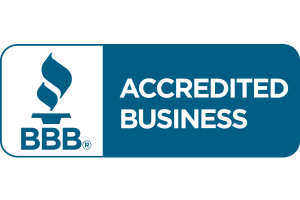Objecting to a Foreclosure Sale
What happens when your home is sold at a foreclosure sale and you still want it back?
Are you being difficult and unrealistic, or can you legitimately object to the sale and have it overturned?
The answer depends on the reason for your objections. If you’re just angry about the foreclosure and want to raise some general defenses, you’re probably out of luck. But if you identify something that went wrong with the foreclosure sale itself, you may have grounds to have the sale invalidated.
The Florida Court of Appeal addressed this issue in a couple of recent decisions. But in both cases, it denied the homeowners’ request to have the sale invalidated because the homeowners did not raise legitimate objections.
In the first case, Skelton v. Lyons, case, the borrower/former owner filed an objection with the court after his property was sold at a foreclosure sale. His filing simply said that he objected to the sale and to confirmation of the sale and issuance of a certificate of title. He did not give any reasons for his objection, and he did not serve notice of his objection on the person who bought the property.
The Florida Court of Appeal found that the new owner was entitled to notice of the objection and hearing, and that failure to give him notice violated his due process rights.
The court also noted that the objection must be directed toward conduct that occurred at or relating to the foreclosure sale, such as identifying a defect or irregularity in the sale. The objection in this case didn’t say that there was anything improper about the sale, and therefore it was legally insufficient.
As a result of both the due process violation and the inadequate objections, the court held that it would be wrong to set aside the foreclosure sale.
Salazar v. HSBC Bank also involved a property owner’s objection to a foreclosure sale. In that case, the owner provided more information than the owner in the Skelton case. He said the sale should be set aside because he had been trying to work out a loan modification with the bank, and the bank had told him not to worry about the foreclosure.
The court said that this was not enough to vacate the foreclosure sale. It cited Florida case law stating that a foreclosure sale can only be set aside when the bid was grossly inadequate and the inadequacy was a result of a mistake, fraud or other irregularity in the sale.
The lesson from these cases is that there are only a limited number of reasons for invalidating a foreclosure sale. By the time the sale occurs, it’s probably too late to raise defenses to the foreclosure judgment or to say that your lender promised you a loan modification that never came through. If you can’t identify a problem with the sale itself, your objection is unlikely to succeed.






